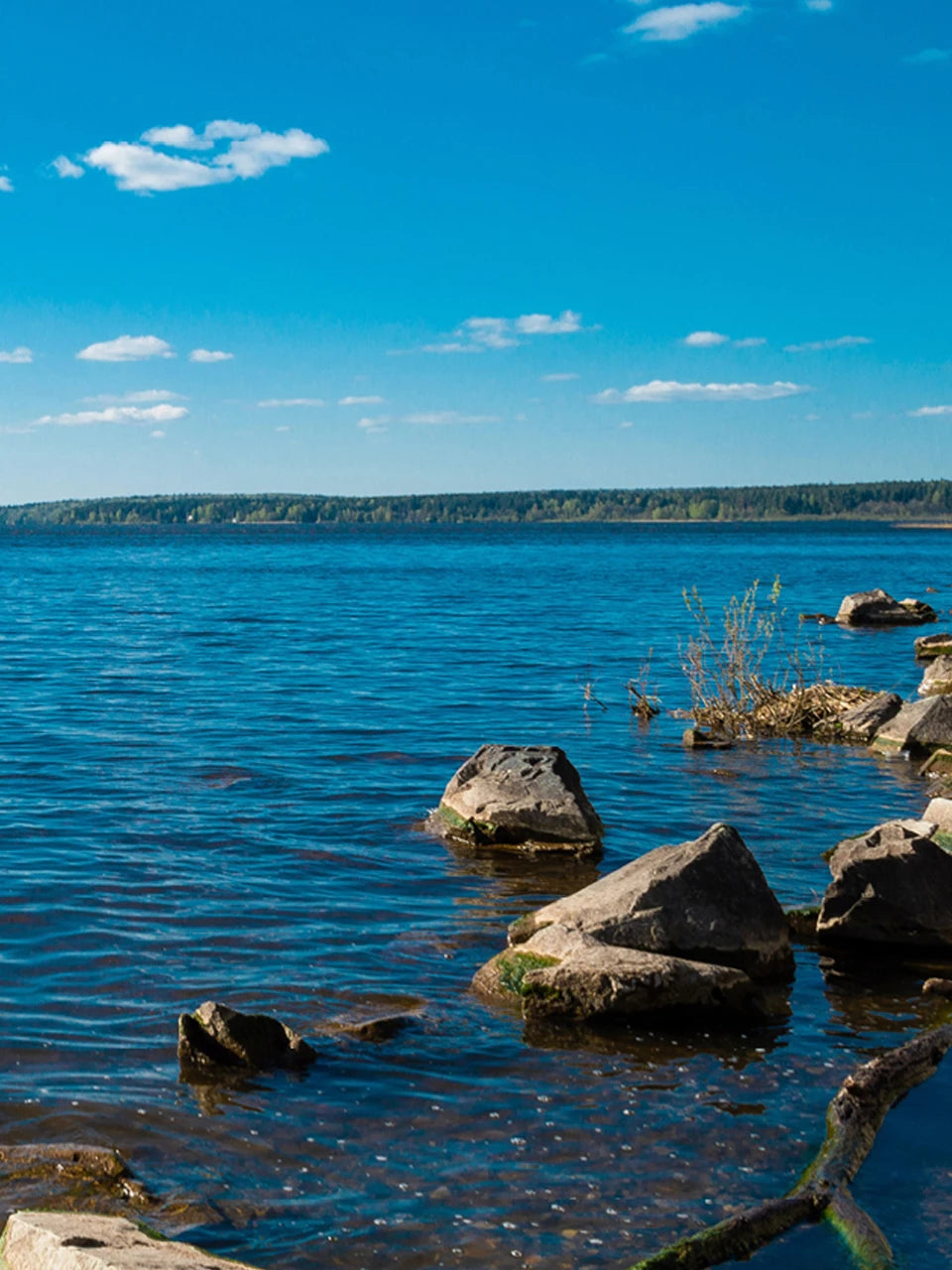
Pick-your-own fields: start your holiday in your head
You may not even need to travel in the true sense of the word to escape from everyday life for a while. For many of us, the holiday feeling starts with taking time to read books, visiting the weekly market - or picking strawberries in one of the pick-your-own fields - and finally cooking all the summer dishes that we don't find time for in our everyday lives.
The Forum Modern Agriculture lists a Germany-wide overview of self-picking fields
https://www.moderne-landwirtschaft.de/selber-pfluecken

Micro Adventure: Discover exciting travel destinations in your immediate vicinity
Your surroundings certainly have a huge variety to offer. Whether mountains, beaches, forests, nature reserves or one of the numerous German cultural landscapes. Many of these places are accessible by bus and train or can be reached directly by bike, hiking or even canoeing. can be explored by driving.
By the way, did you already know the term micro adventure? It goes back to the British writer Alastair Humphreys, who in his 2014 book “Microadventures” suggested small and easy-to-implement outdoor activities in one’s own immediate environment as a short break from everyday life – and thus immediately sparked a whole movement. His ideas? For example, spending a night in a tent or camping on your own balcony. What are we waiting for?
By the way, we currently prefer to look for and find inspiration for micro-adventures and other activities here: Mit Vergnügen – Die Reise Edition ( https://reisevergnuegen.com/ ) and the city editions (Berlin, Munich, Hamburg, Cologne) https://mitvergnuegen.com/

Means of transport 2.0: Making the path part of the journey
If you want to go a little further away, you might learn to see the journey as a valuable part of your vacation. From a climate perspective, it makes sense to travel by public transport such as trains and buses, which not only leaves a smaller ecological footprint, but also gives you time to reflect on the trip. If you want to avoid public transport, however, you might swap your car for a bike, canoe, kayak or hiking boots? Longer journeys are also easy in/on these modes of transport - and allow us to experience the journey from A to B in a completely different way.
For outdoor enthusiasts, the WALDEN magazine published by GEO, among others, always focuses on beautiful tours, such as the most beautiful canoe routes: https://www.geo.de/magazine/walden/16275-rtkl-fieldguide-deutschlands-schoenste-kanutouren

Insider tip “Treehouse”: Stay off the beaten track
If we embark on individual trips instead of resorting to package deals, we can also support local and small providers much more easily. In the end, the people and the regions benefit from our visit, rather than large corporations.
A tip: Small, ecologically oriented tour operators usually work closely with local partners who operate according to ecological and social criteria, and know corresponding insider tips - from family-run eco-hotels to tree houses in the forest. It's also good to know: There are now also seals for ecologically oriented travel destinations. For example, the European and Austrian eco-labels, the umbrella brand "viabono" or the "Blue Swallow" identify environmentally friendly travel providers. And associations such as the Bio Hotels and the Climate Hotels also guarantee that environmental standards are adhered to.
The fairkehr GmbH online magazine “Anderswo” provides extensive information on sustainable travel: https://www.wirsindanderswo.de

















